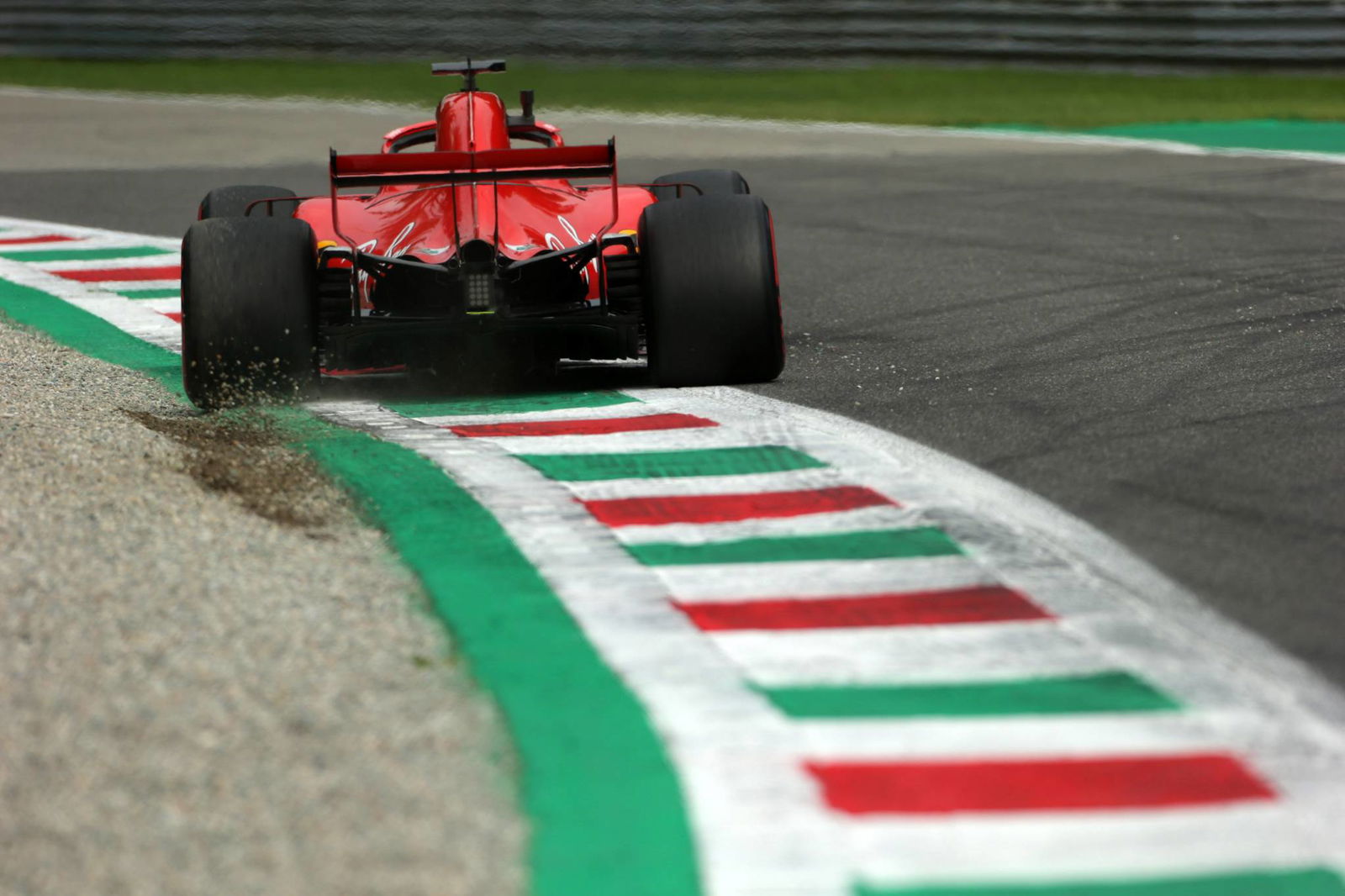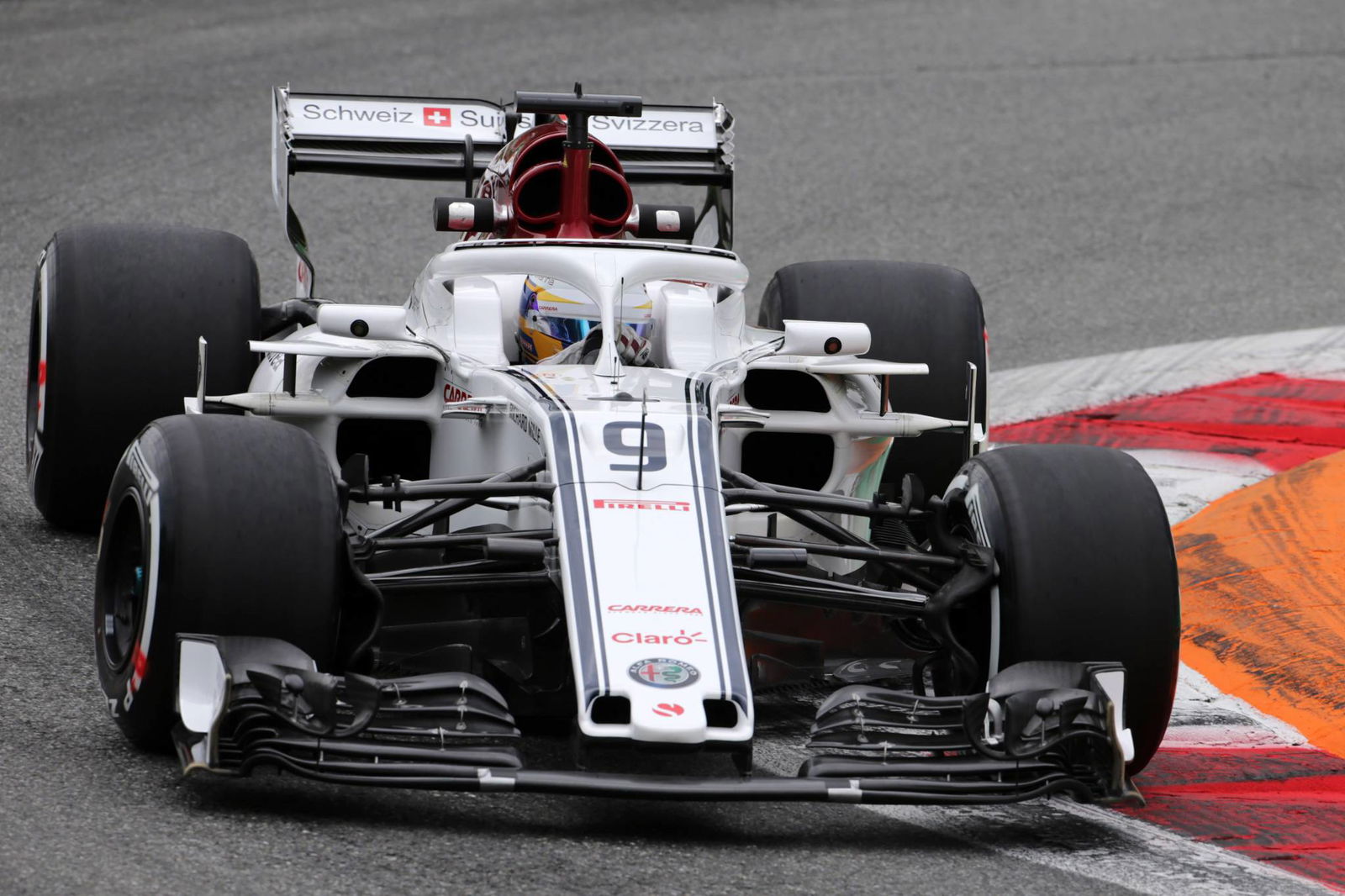FIA ‘very close’ to finalising 2021 Formula 1 engine regulations
The FIA is “very close” to finalising the revised Formula 1 engine regulations for the 2021 season, with the body’s president, Jean Todt, expecting an announcement to be made in the near future.
Following confirmation of plans for the revised engine rules back in April by F1, the FIA and the teams, the definitive regulations are still to be defined, with discussions regarding sporting and commercial deals also planned for 2021 still ongoing.

The FIA is “very close” to finalising the revised Formula 1 engine regulations for the 2021 season, with the body’s president, Jean Todt, expecting an announcement to be made in the near future.
Following confirmation of plans for the revised engine rules back in April by F1, the FIA and the teams, the definitive regulations are still to be defined, with discussions regarding sporting and commercial deals also planned for 2021 still ongoing.
F1 managing director Ross Brawn said last month he thought it may be worth delaying the introduction of the new engine rules “until we can be certain that a major regulation change will bring fresh blood into the sport,” while Red Bull team boss Christian Horner doubted any engine changes could be made until 2023 at the earliest.
Speaking to reporters at Monza on Saturday, FIA president Jean Todt said that while there had been a delay in firming up the engine rules for 2021, he expected the final details to be confirmed in the near future.
“We wanted to have the drivers being able to complete the whole race without having the hear that they were saving, and lift and coast, we have to avoid that,” Todt said.
“We wanted to increase the fuel flow for everyone. We did not want to hear any kind of excuse that they have to compromise the use of the engine because of the technical regulations. So all those parameters were unanimously agreed
“We wanted to announce the engine regulations by the end of July, so there has been some delay.
“We don’t want only to speak about the technical regulations. We also wanted to present the sporting and commercial part of the ’21 regulations, so it means that it’s not only the FIA which is concerned. It is also commercial rights holder and to be discussed with the teams.
“But we are very close to being able to conclude this exercise. It’s just a question of date. We are a bit late, I do confess on that, but it will be soon announced and finalised.”
NO NEW MANUFACTURERS EXPECTED FOR 2021
Manufacturers such as Porsche and Aston Martin had been linked with an F1 entry under the revised engine rules, with both parties known to have attended meetings regarding future plans.
Todt said that he was sceptical of growing the F1 grid beyond its existing set of four manufacturers - Ferrari, Mercedes, Renault and Honda - and was pleased with the current state of manufacturer involvement in F1.
The FIA president did confirm one manufacturer had professed an interest for the future, but it could not commit to an entry from 2021, with the field set to remain at its existing level.
“I was always pessimistic to the fact with specific rules for Formula 1, we could have more than four manufacturers. Personally, I feel it’s really a great achievement to have four different powertrains for 10 teams,” Todt said.
“My priority is to make sure that we keep them four. I always said it would be very unfair to the four engaged to say OK, we want to attract a new one, so let’s change everything. So what about them? About all the investments they’ve been doing for years, and change completely the regulations because we may have one or two coming?
“If we can secure those four, for me, that would be a great achievement. There was some demonstration of interest from one, who said to us ‘we are not in a situation for ’21, but what is very important for us is to know exactly what will be the regulations, because it could be a strong interest in the future.’”

